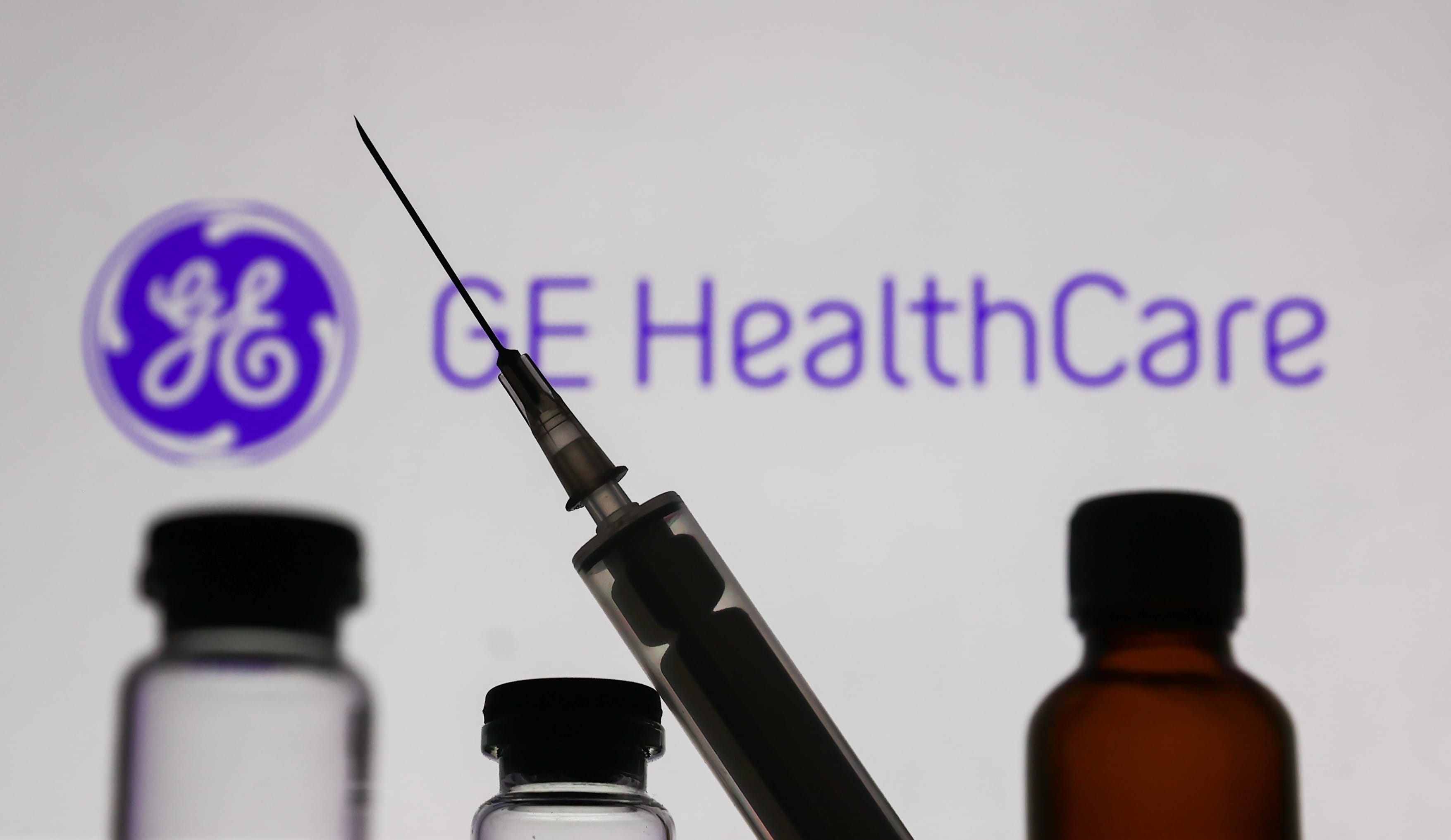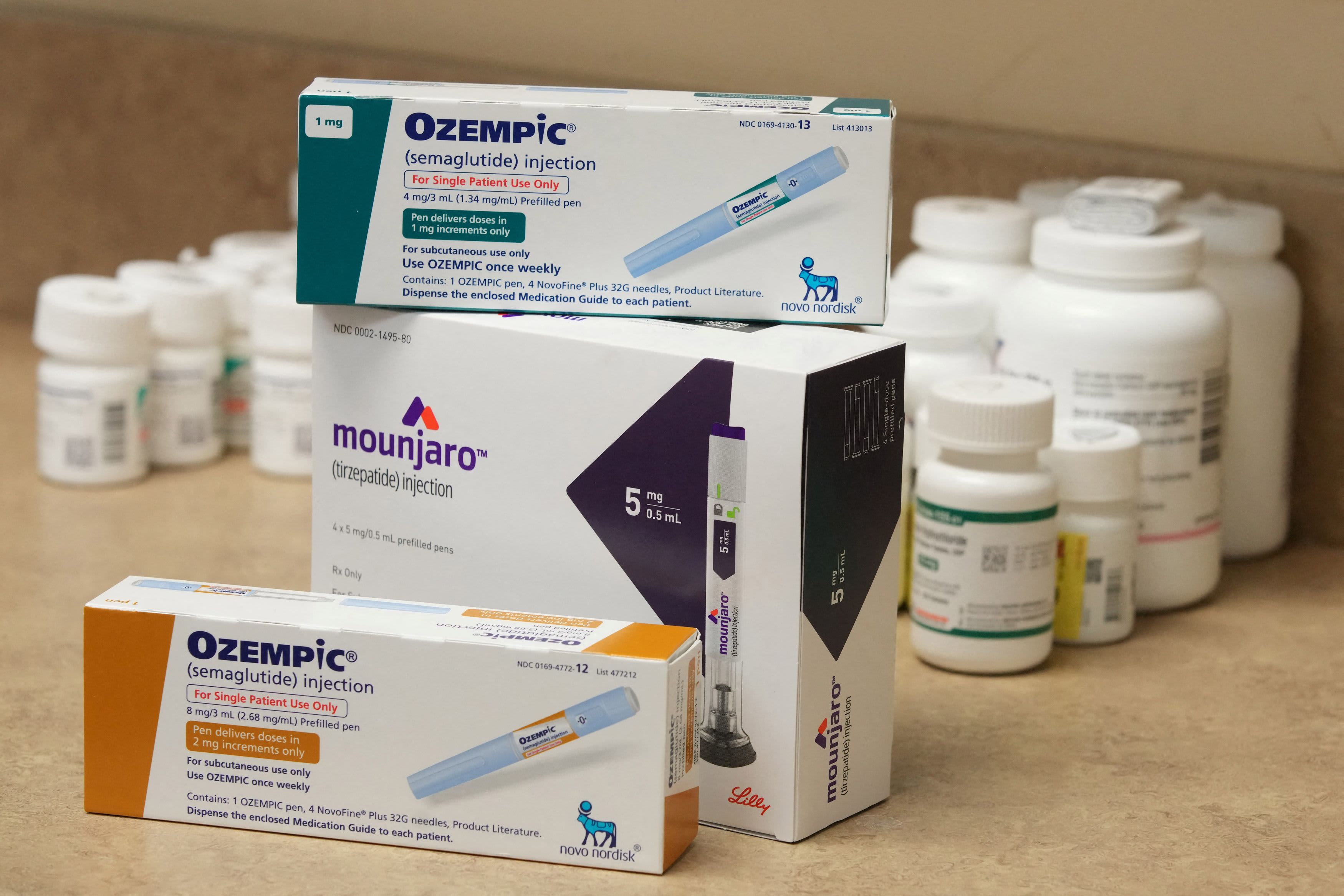An Eli Lilly experimental drug helped patients lose about 26% of their weight on average following extended use or intensive lifestyle changes, according to results from two studies released Thursday.
It’s the highest weight reduction seen in a late-stage clinical trial to date, the company said. The injectable drug, tirzepatide, alone resulted in up to 22.5% weight loss in a previous phase three trial.
related investing news
The data further bolsters Eli Lilly’s position in the budding weight loss drug market and establishes the company as a formidable competitor to Novo Nordisk, the Danish manufacturer of the blockbuster Ozempic and Wegovy treatments.
Eli Lilly last month filed for Food and Drug Administration approval of the injection for chronic weight management. Tirzepatide is already approved in the U.S. and sold under the name Mounjaro for the treatment of diabetes.
Both trials followed adults who were obese or overweight with weight-related conditions, but excluded those with Type 2 diabetes.
Trial results
One trial, called Surmount-4, evaluated more than 600 people over two periods.
Patients took tirzepatide for 36 weeks and achieved 21.1% weight loss on average. The patients were then randomized to either continue taking the injection or switch to a placebo for an additional 52-week period.
Those who continued tirzepatide lost an additional 6.7% of their body weight on average after 52 weeks. Patients who switched to a placebo regained 14.8% of their weight on average over the same time period.
Overall, patients who stayed on the drug lost 26% of their weight on average after 88 weeks.
The findings of the trial “reinforce that obesity should be regarded like other chronic diseases where chronic therapy may be needed to maintain treatment benefits,” Dr. Jeff Emmick, Eli Lilly’s senior vice president of product development, said in a statement.
Another trial, called Surmount-3, evaluated tirzepatide in more than 500 patients who first engaged in “intensive lifestyle interventions” for 12 weeks. That included a low-calorie diet, exercise and weekly counseling sessions.
Patients lost 6.9% of their weight on average after those 12 weeks. The patients were then randomized to either start taking tirzepatide or a placebo for 72 weeks.
Those who took tirzepatide lost an additional 21.1% of their weight on average, while patients in the placebo group gained back 3.3% of their weight on average.
In total, patients who engaged in drastic lifestyle changes for 12 weeks and took tirzepatide for 72 weeks achieved 26.6% weight loss on average.
The findings from the trial “challenge the notion that patients living with obesity or overweight can achieve their weight loss goals with diet and exercise alone,” according to Emmick.
The overall safety of the tirzepatide was similar to that observed in previous studies. The most common adverse events in both trials were gastrointestinal related and generally mild to moderate in severity.
The results follow groundbreaking data released last month on a different Eli Lilly drug called retatrutide. The experimental obesity drug helped patients lose around 24% of their weight, setting a new bar for weight loss in mid-stage clinical trials.
Weight loss craze
Like Ozempic and Wegovy, Eli Lilly’s tirzepatide is a weekly injection that changes the way patients eat and leads to decreased appetite by mimicking certain hormones in the gut.
But Wegovy only mimics one hunger-regulating hormone called GLP-1, while tirzepatide mimics GLP-1 and another hormone called GIP.
Eli Lilly earlier this month registered a new clinical trial that will pit tirzepatide against Wegovy in 700 patients who have obesity or are overweight with weight-related health conditions. The company expects to complete the study in 2025.
The drugs were catapulted to the national spotlight in recent years for the dramatic level of weight loss they can help people achieve.
Social media influencers, Hollywood celebrities and even billionaire tech mogul Elon Musk have reportedly used the popular injections to get rid of unwanted weight.
But experts say the medicines may further perpetuate a dangerous diet culture that idealizes weight loss and thinness.
More than 2 in 5 adults have obesity, according to the National Institutes of Health.
About 1 in 11 adults have severe obesity.



